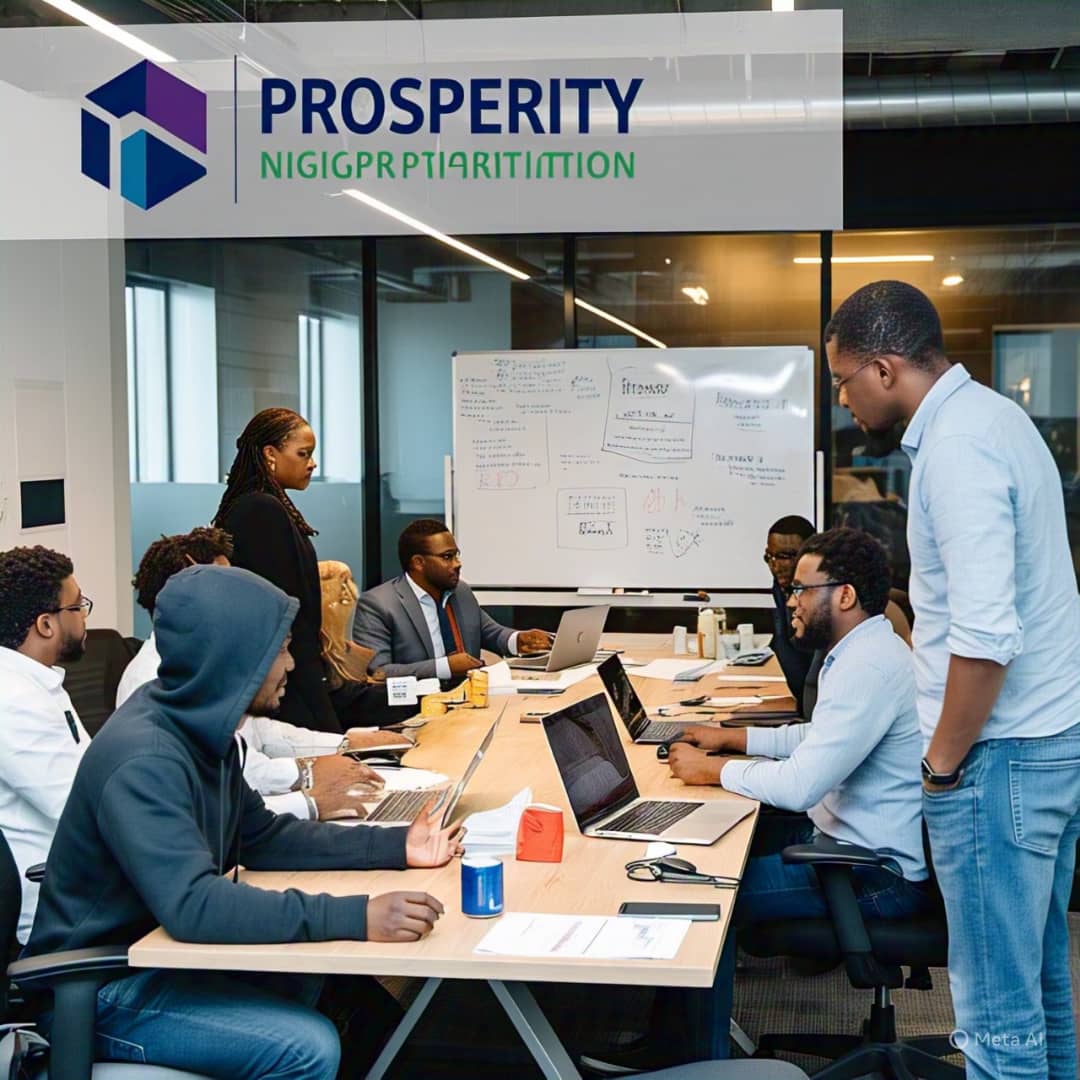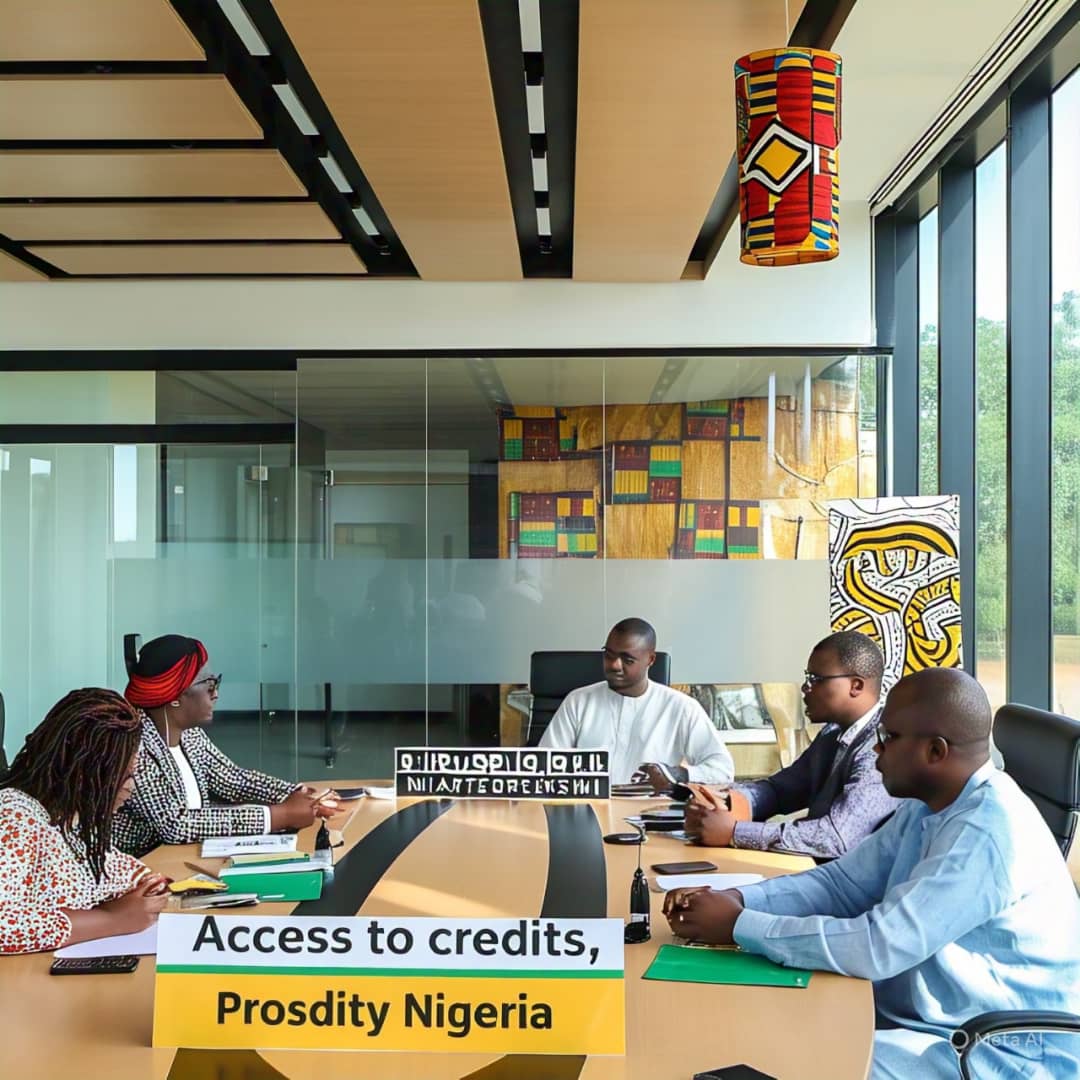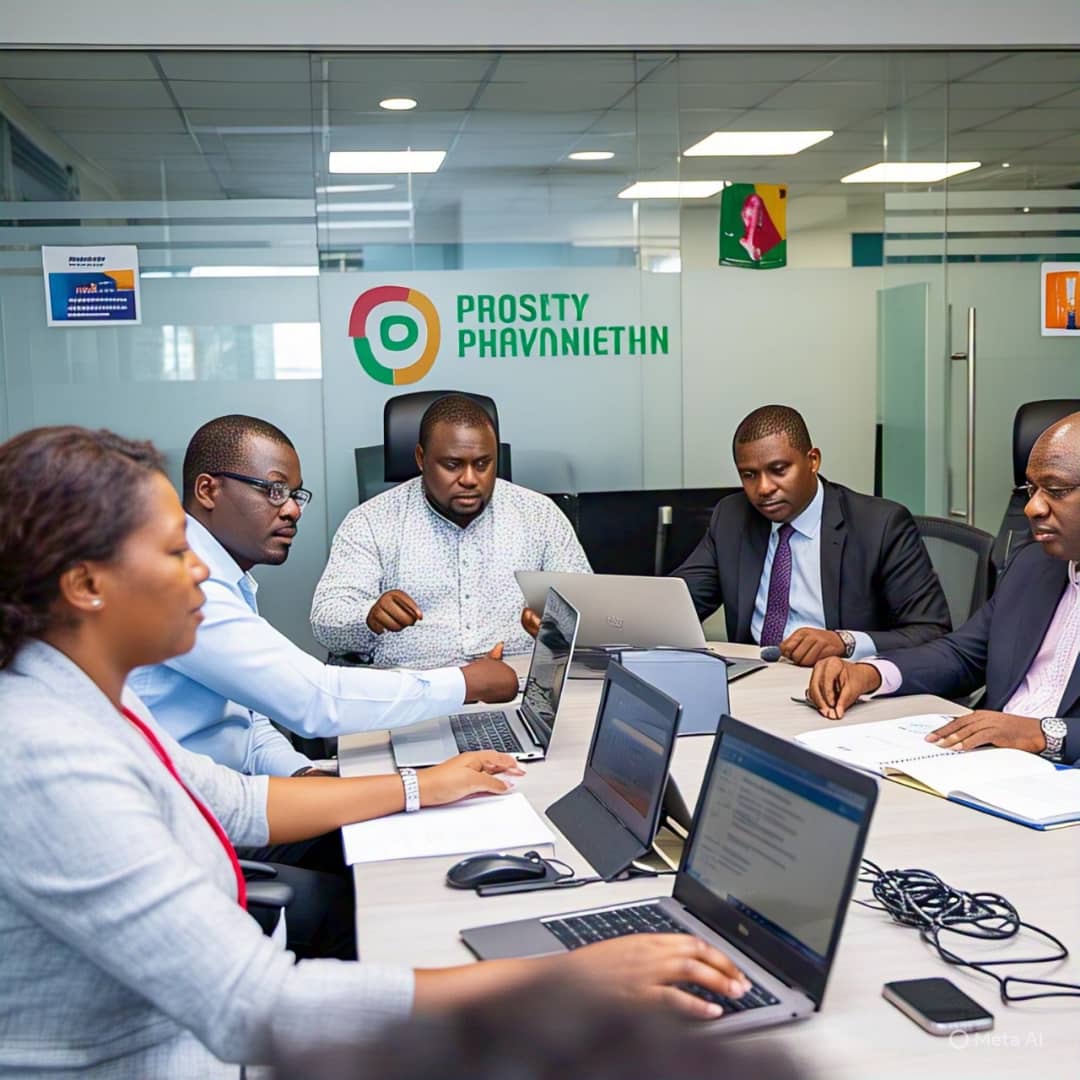Affordable Housing Problems in Nigeria
Nigeria faces a severe housing deficit, estimated at over 20 million units, leaving millions without decent shelter. Rapid urbanization has led to overcrowding in cities, while rural areas suffer from poor housing infrastructure. High construction costs, limited access to mortgages or housing finance, and inflation make owning or renting a decent home unaffordable for the average Nigerian. Corruption and mismanagement in housing policies further worsen the situation, and unreliable electricity and water supply systems reduce the quality of many existing houses. These challenges have created a housing crisis that affects not only quality of life but also productivity and national stability.
Six Ways Prosperity Nigeria Partnership Can Help Solve the Problems
- Provision of Affordable Housing Schemes : The Partnership can develop large-scale, low-cost housing projects using innovative construction methods and local materials. By reducing dependence on expensive imported materials, homes can be built at prices accessible to low- and middle-income Nigerians.
- Access to Flexible Mortgage and Credit Facilities : Through partnerships with banks and microfinance institutions, the initiative can create affordable mortgage plans and flexible payment schemes that enable ordinary Nigerians to own homes without crippling financial pressure.
- Public-Private Partnerships for Mass Housing Development : Collaborating with both government and private investors, Prosperity Nigeria Partnership can mobilize resources to fund mass housing estates, ensuring proper regulation, quality, and affordability for citizens.
- Incorporation of Energy-Efficient and Sustainable Housing Designs : By integrating renewable energy solutions like solar panels and water recycling systems, the initiative can cut long-term living costs for homeowners, making housing not only affordable to buy but also affordable to maintain.
- Job Creation through Housing Projects : Large-scale housing schemes will create thousands of jobs for construction workers, engineers, architects, and artisans. This not only reduces unemployment but also empowers citizens financially, making housing more accessible.
- Advocacy and Policy Alignment : The Partnership can work closely with government agencies to advocate for favorable housing policies, land reforms, and reduced bureaucracy in land acquisition. Aligning efforts with President Tinubu’s Renewed Hope Agenda ensures government backing and long-term sustainability.










Affordable Housing Problems in Nigeria
Nigeria faces a severe housing deficit, estimated at over 20 million units, leaving millions without decent shelter. Rapid urbanization has led to overcrowding in cities, while rural areas suffer from poor housing infrastructure. High construction costs, limited access to mortgages or housing finance, and inflation make owning or renting a decent home unaffordable for the average Nigerian. Corruption and mismanagement in housing policies further worsen the situation, and unreliable electricity and water supply systems reduce the quality of many existing houses. These challenges have created a housing crisis that affects not only quality of life but also productivity and national stability.
Six Ways Prosperity Nigeria Partnership Can Help Solve the Problems
Share This:
Prosperity Director
Related Posts
Affordable Housing Problems in Nigeria Nigeria faces a severe housing deficit, estimated at over 20…
How Nigeria can move forward with the help of the Prosperity Nigeria Initiative Agendas: Driving…
How Public-Private Partnerships (PPPs) will contribute to the growth of the Prosperity Nigeria Partnership: Pooling…